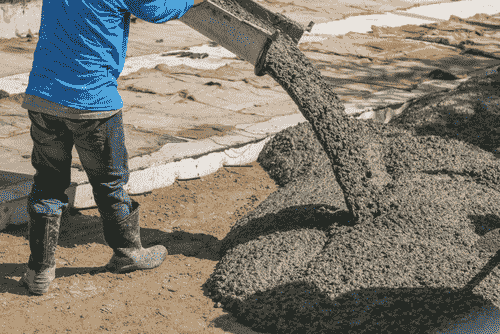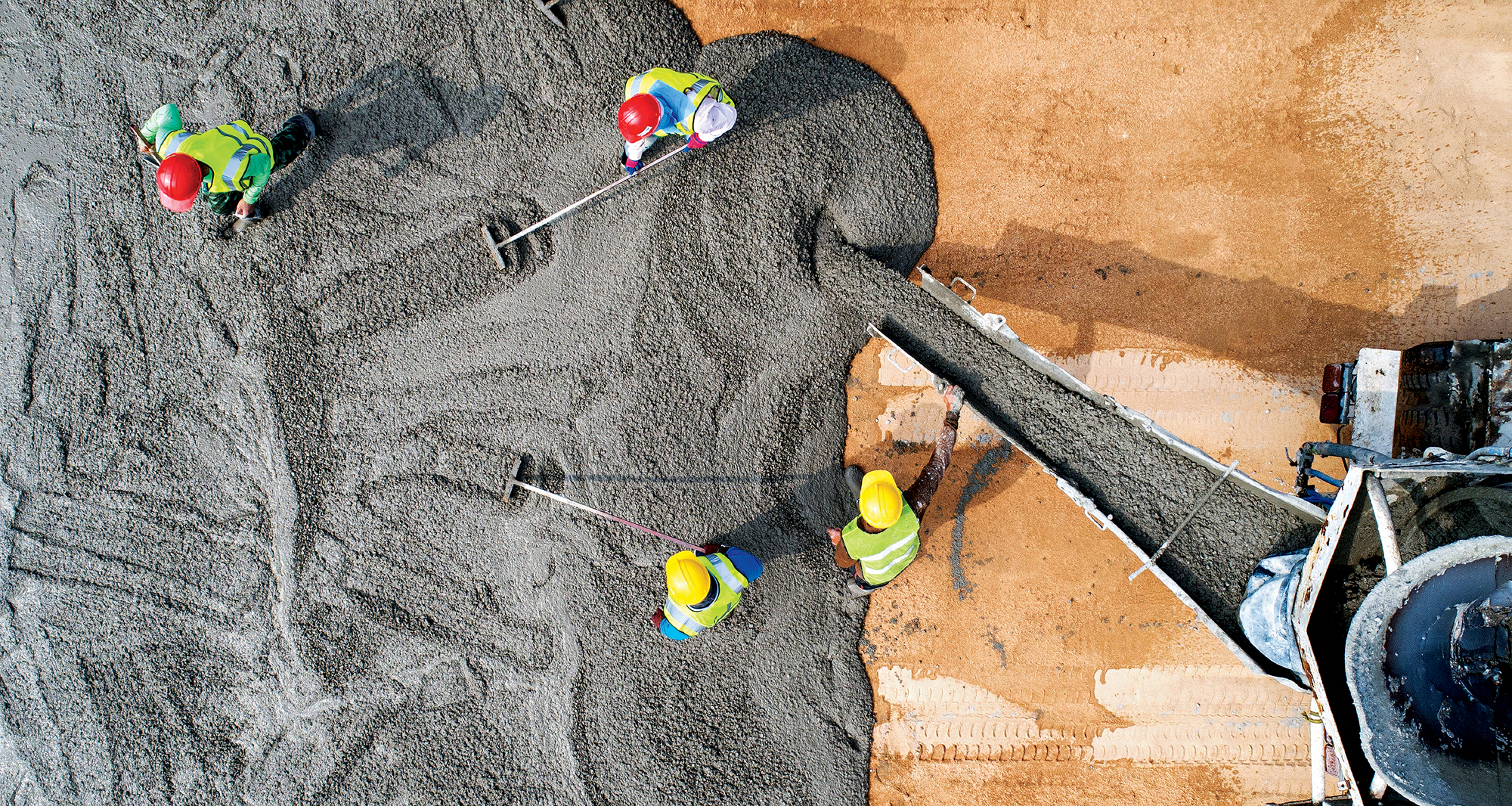Top Concrete Professionals: Trustworthy and Specialist Concrete Job
Revealing the Eco-Friendly Advantages of Making Use Of Recycled Concrete in Lasting Building And Construction Practices
In the realm of lasting construction practices, the utilization of recycled concrete stands as a pivotal yet frequently underestimated resource. Past its standard applications, recycled concrete deals a myriad of environment-friendly benefits that extend much past the boundaries of conventional building materials. From decreasing environmental influence to boosting cost-efficiency, the ramifications of integrating recycled concrete in lasting building practices are significant. This functional material not just addresses pushing environmental concerns yet also presents a sensible option to the challenges encountered by the construction industry at huge.
Ecological Benefits
By including recycled concrete right into building and construction practices, there is a significant reduction in the demand for new raw products, leading to conservation of all-natural sources. Furthermore, the usage of recycled concrete reduces the amount of waste being sent to landfills, thereby lowering environmental pollution and relieving the stress on land fill abilities (Concrete).

Furthermore, the production of typical concrete is a substantial resource of carbon exhausts as a result of the energy-intensive procedure of cement manufacturing. In comparison, recycled concrete has a reduced carbon footprint as it decreases the demand for brand-new concrete manufacturing. This decline in carbon discharges contributes to mitigating climate adjustment and supports lasting building techniques. In general, the environmental benefits of utilizing recycled concrete are substantial and play an important role in advertising environment-friendly building and construction approaches.
Cost-Efficiency
When examining the usage of recycled concrete in construction jobs,Attaining cost-efficiency is a critical factor to consider. One of the key benefits of making use of recycled concrete is its cost-effectiveness compared to standard concrete. The manufacturing of recycled concrete entails much less energy and resources as it uses existing materials, lowering the overall job prices substantially. Additionally, the accessibility of recycled concrete in your area can further lower transport costs, making it an extra affordable choice for building jobs.
Furthermore, using recycled concrete can result in cost savings in garbage dump prices by diverting concrete waste from disposal sites. This not only decreases the environmental effect however also gets rid of the expenses connected with waste removal. Furthermore, the sturdiness and efficiency of recycled concrete are comparable to standard concrete, making certain that cost savings do not compromise the quality of the building.
Durability and Stamina
Recycled concrete deals comparable, if not remarkable, sturdiness and strength buildings to conventional concrete - Concrete. With advancements in processing strategies and quality control, recycled concrete can satisfy or surpass the efficiency criteria of traditional concrete.

Waste Reduction
When it comes to utilizing recycled concrete, waste decrease is a crucial benefit that contributes considerably to environmental conservation. By incorporating recycled concrete right into building and construction projects, this waste is repurposed and diverted from landfills, reducing the total ecological effect of building tasks.
Recycled concrete not just assists in reducing the quantity of waste that finishes up in landfills but additionally saves natural deposits by lowering try this website the need for new aggregate products. This process of waste reduction advertises a round economic climate within the construction field, where products are reused and reused to produce a more lasting market. Additionally, making use of recycled concrete can lead to cost savings for construction tasks, as it is usually extra cost effective than sourcing and transferring new products. In conclusion, waste reduction through the utilization of recycled concrete is an important element of lasting building and construction practices that profits both the construction and the atmosphere sector in its entirety.
Energy Preservation
When it comes to using recycled concrete in construction, substantial energy financial savings are attained compared to traditional concrete read what he said manufacturing. The procedure of producing recycled concrete includes squashing and recycling existing concrete materials, which consumes much less energy than mining, handling, and moving raw materials for new concrete production.
Conclusion
To conclude, the use of recycled concrete in sustainable construction methods provides countless environmental benefits, Get the facts cost-efficiency, toughness, stamina, waste reduction, and power conservation. By incorporating recycled concrete right into building tasks, we can add to a more eco-friendly and sustainable future. It is important for the building industry to focus on making use of recycled products to help in reducing the environmental impact of building tasks.
One of the essential benefits of using recycled concrete is its cost-effectiveness contrasted to traditional concrete.Furthermore, the usage of recycled concrete can lead to savings in land fill costs by drawing away concrete waste from disposal websites. The toughness and performance of recycled concrete are comparable to standard concrete, making certain that cost financial savings do not endanger the quality of the building.
